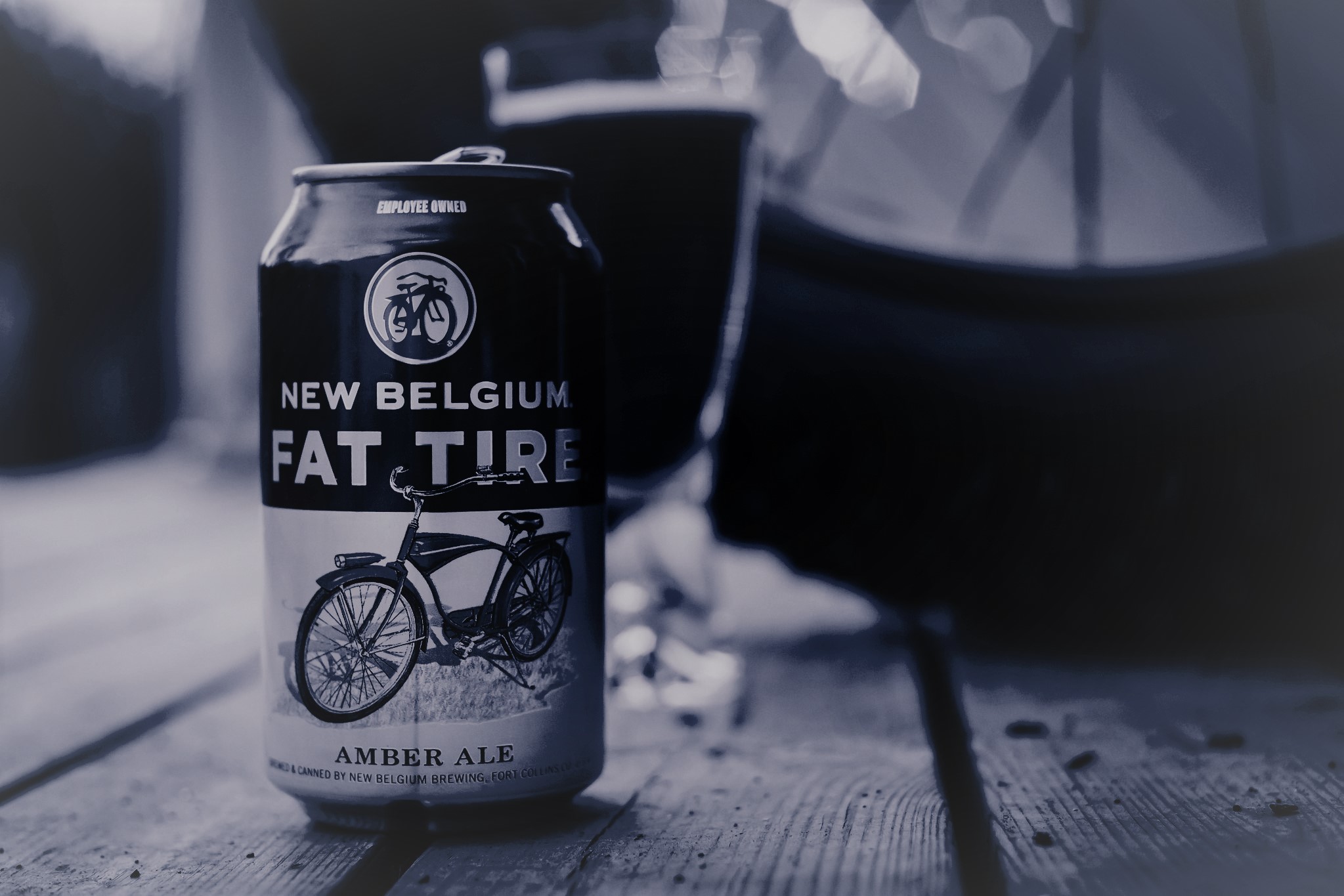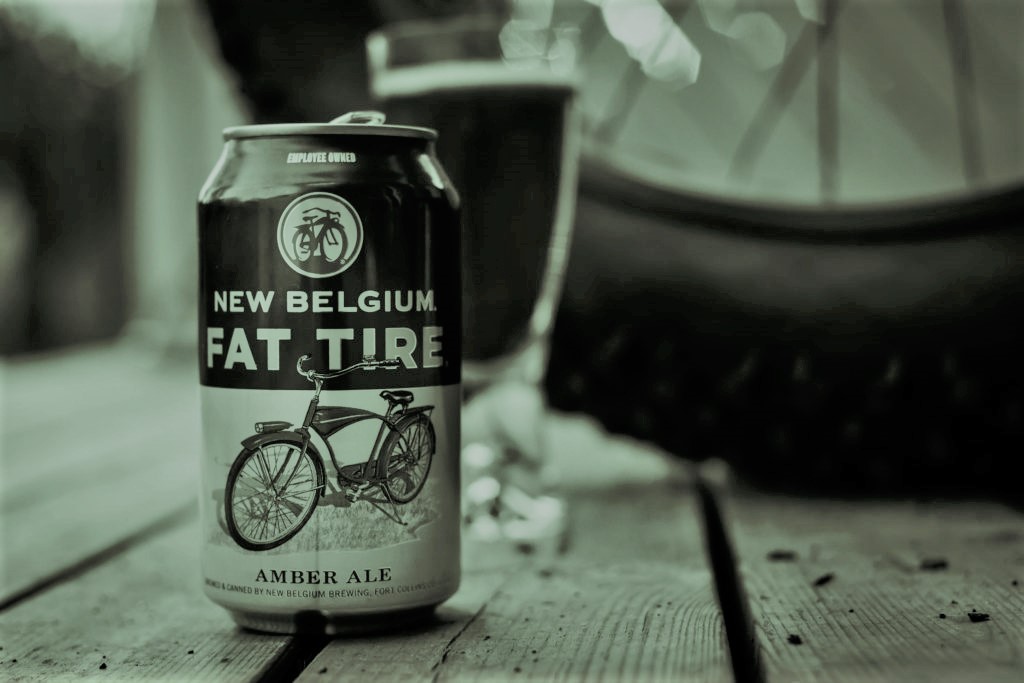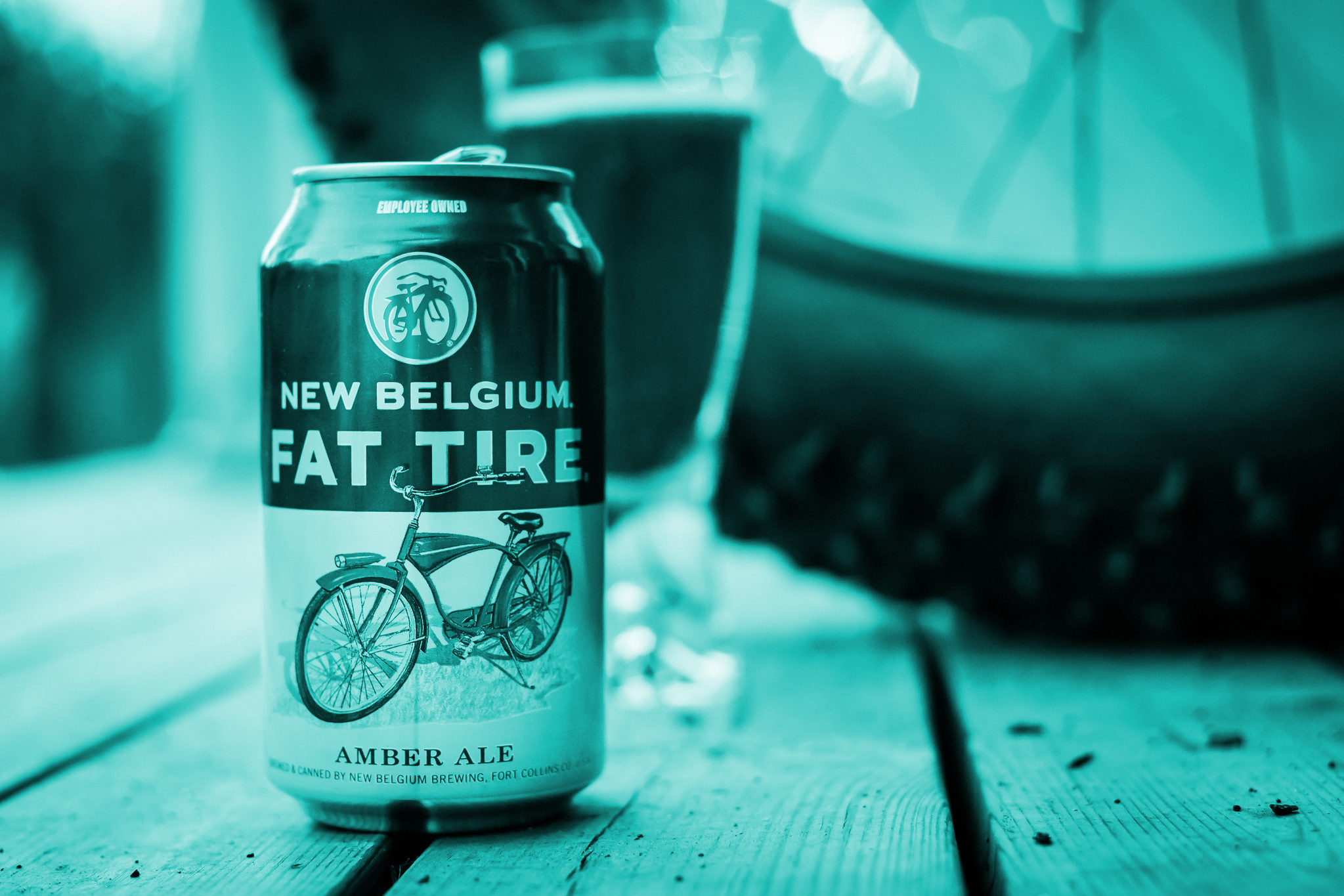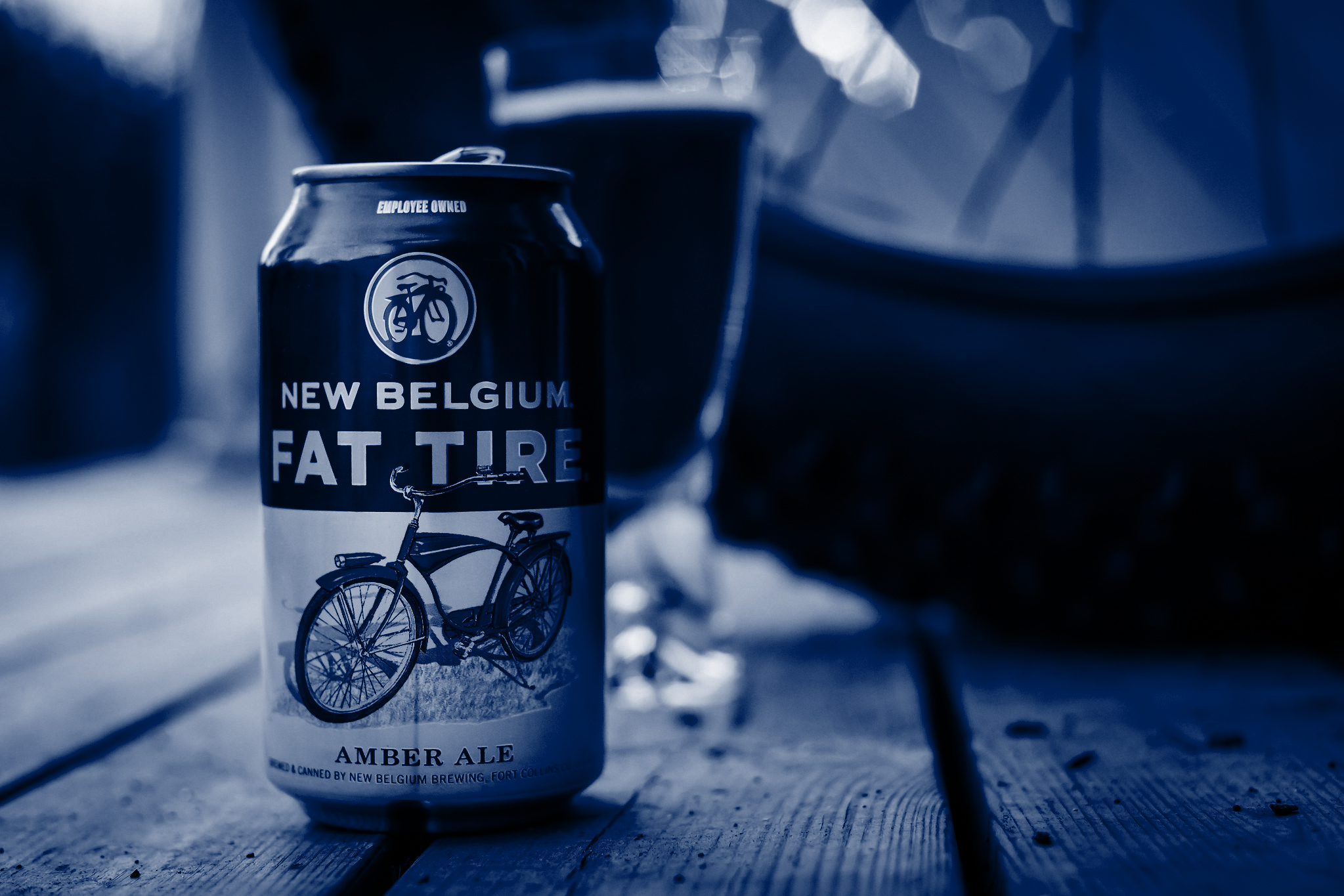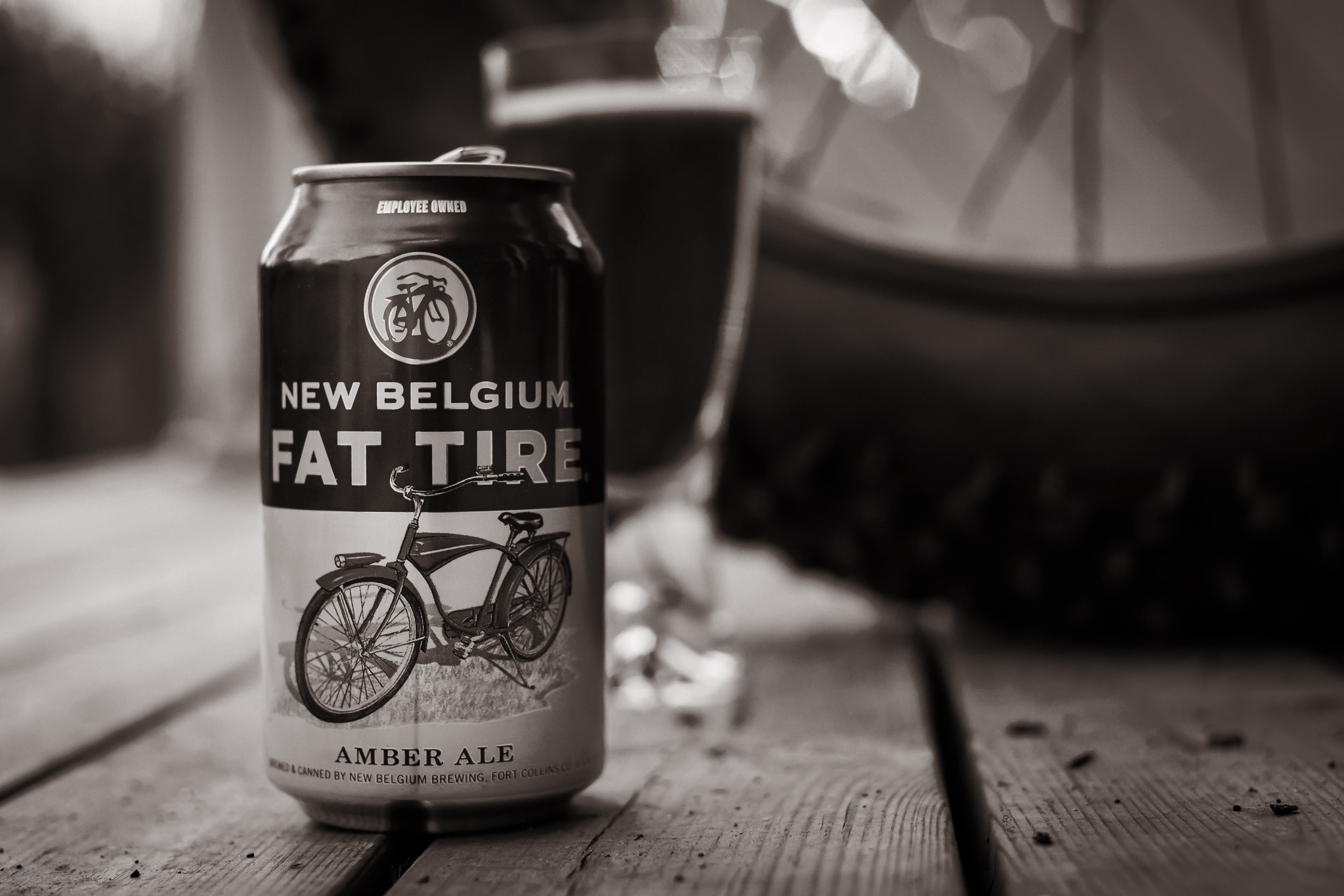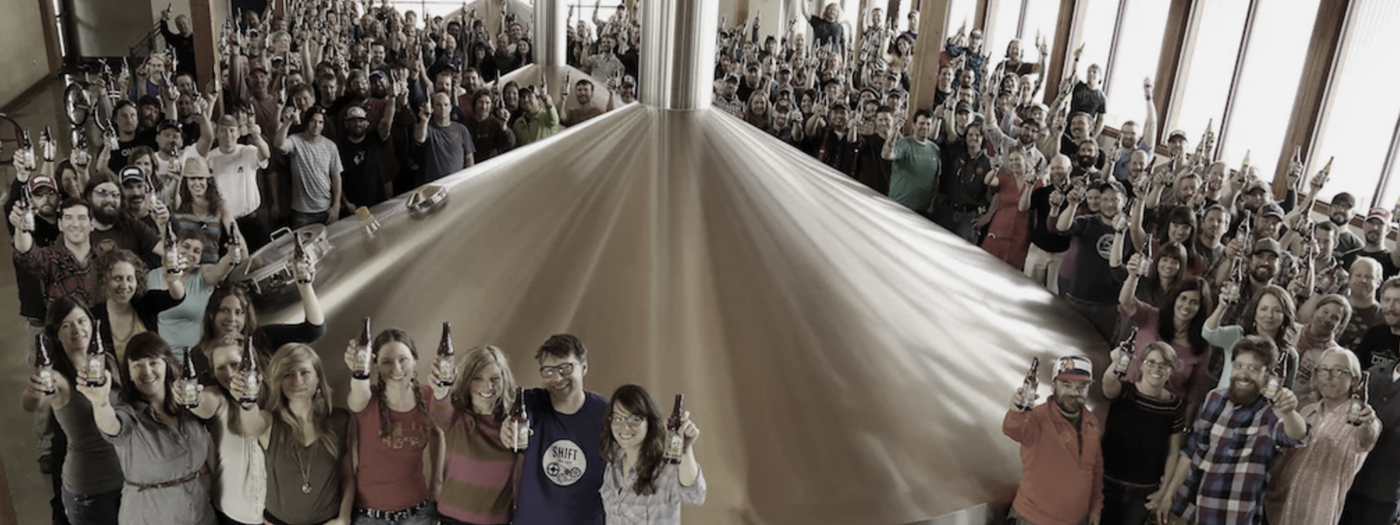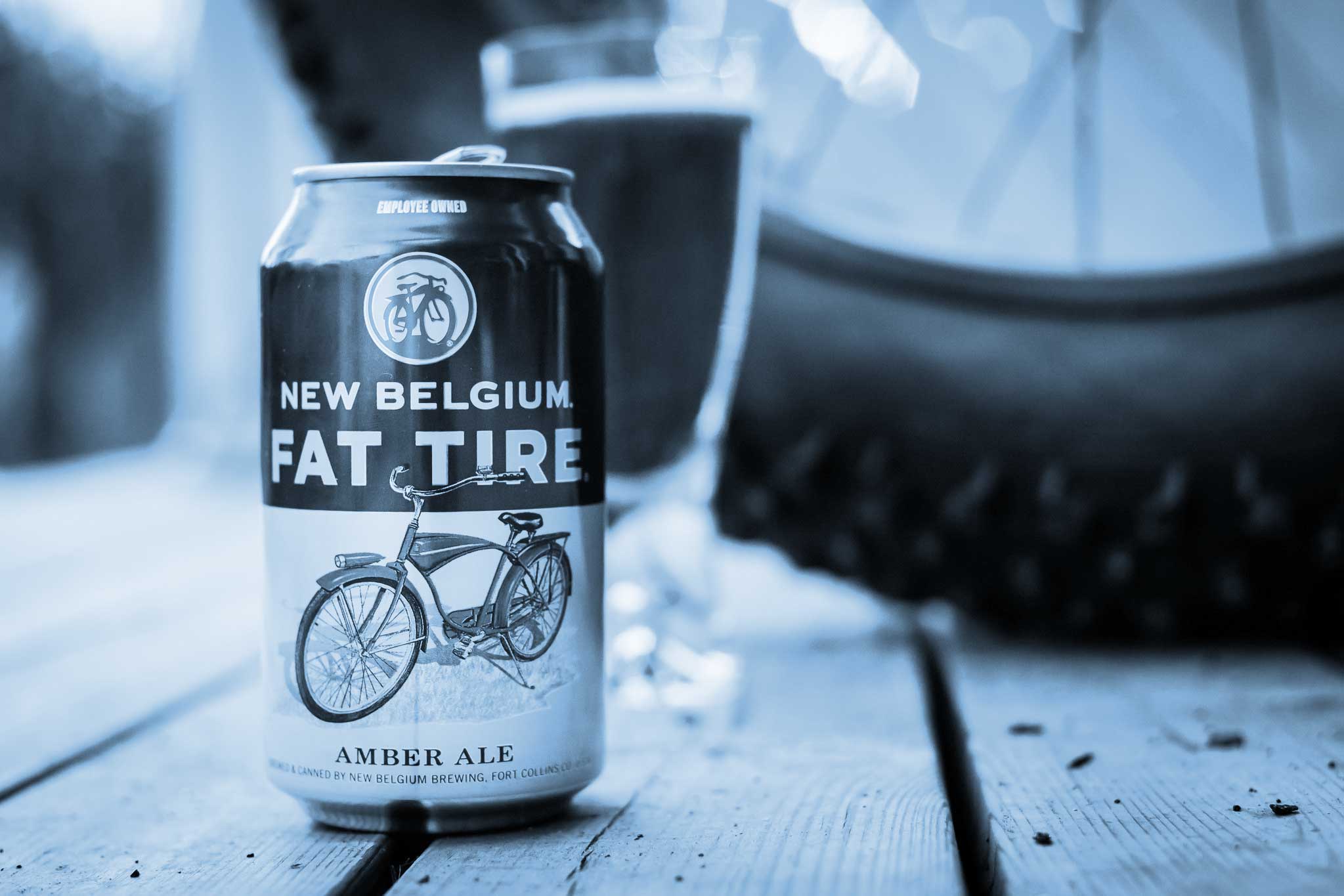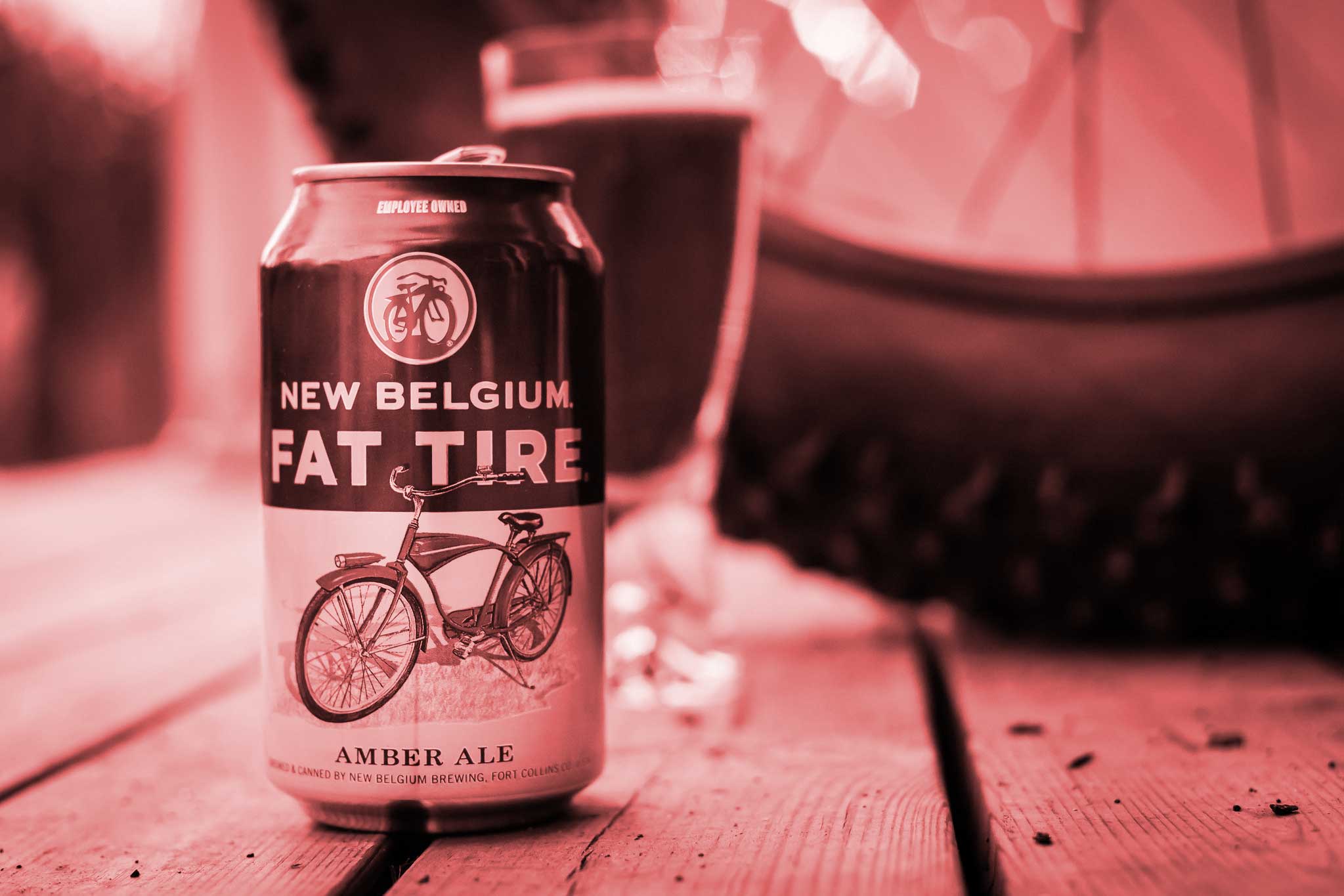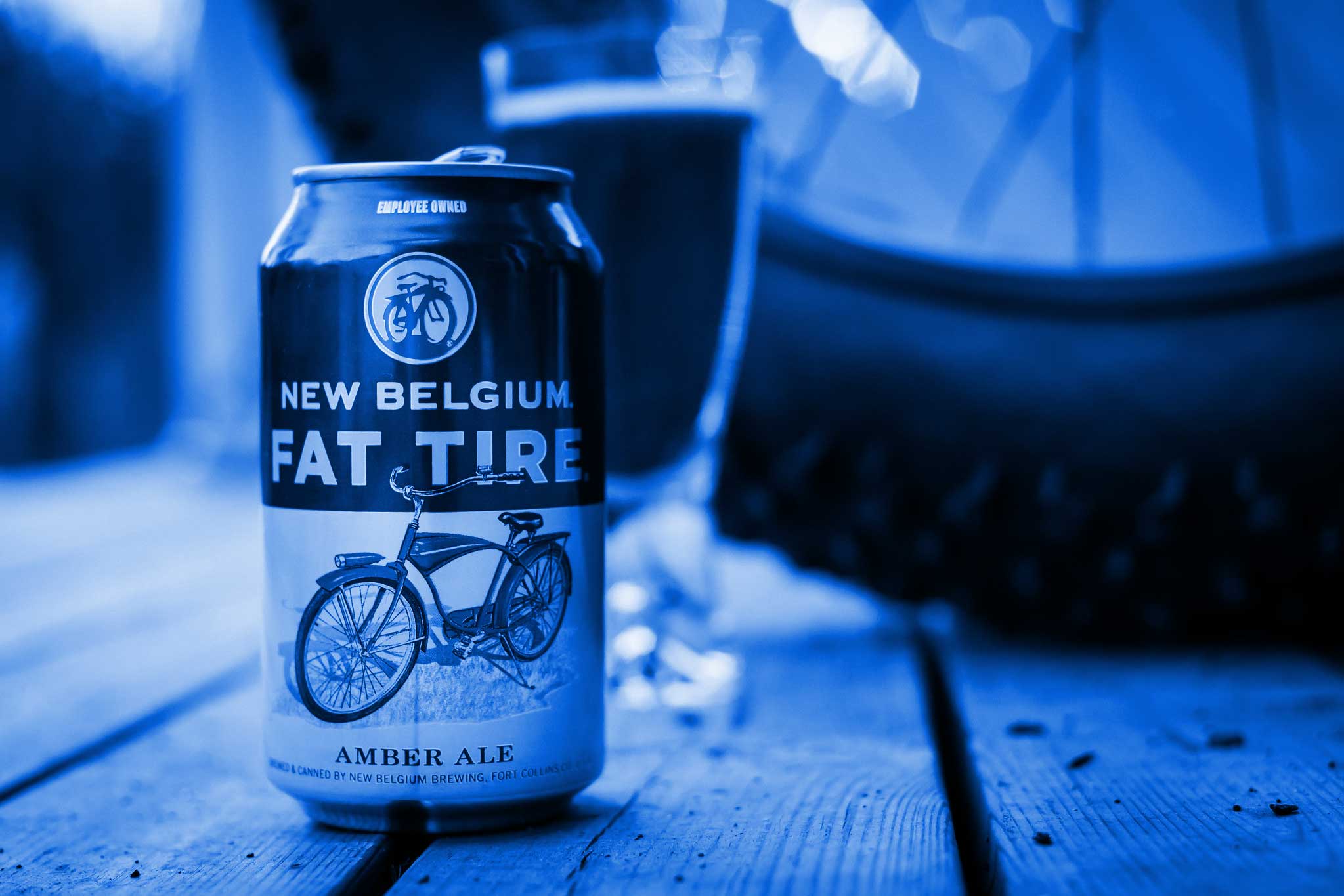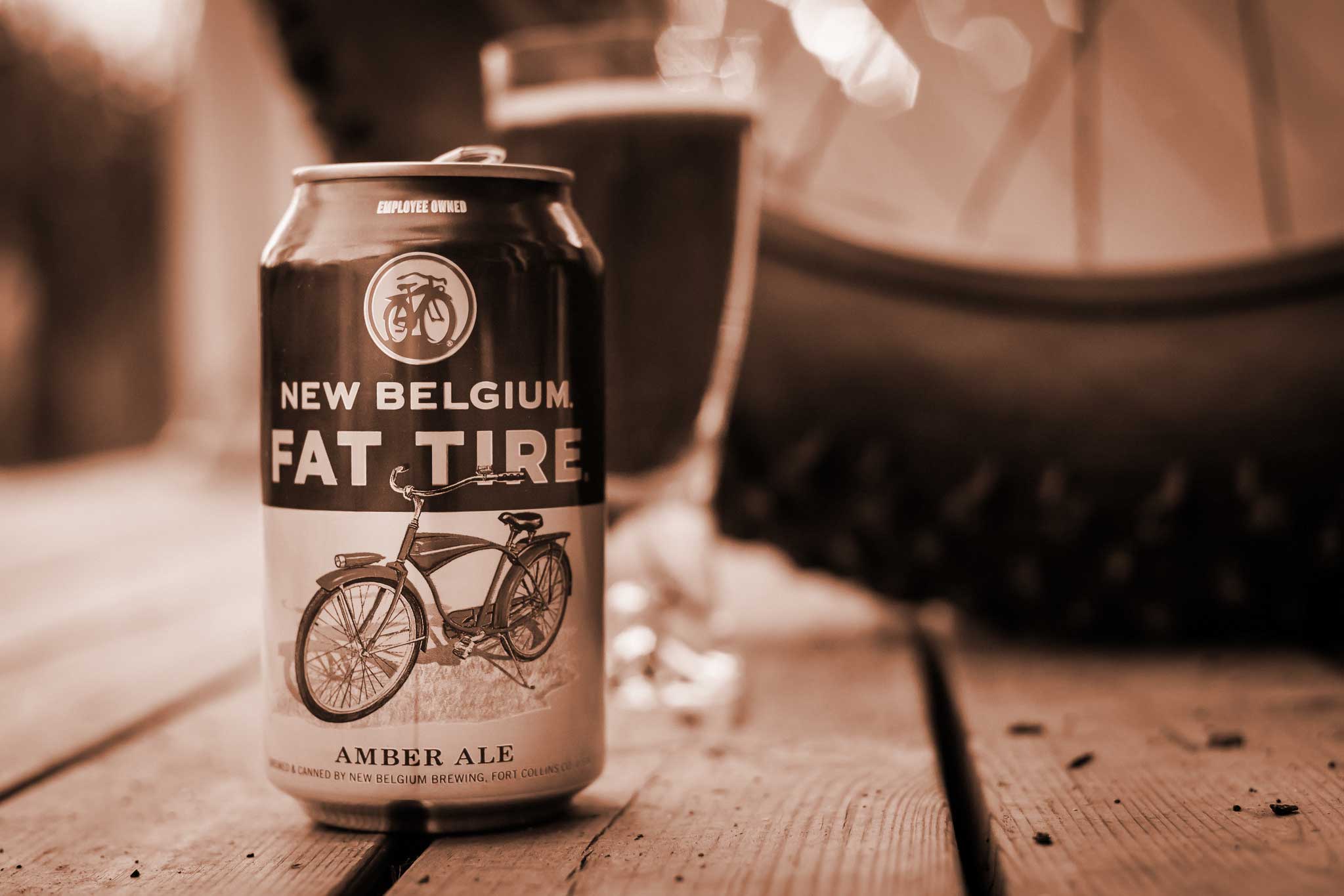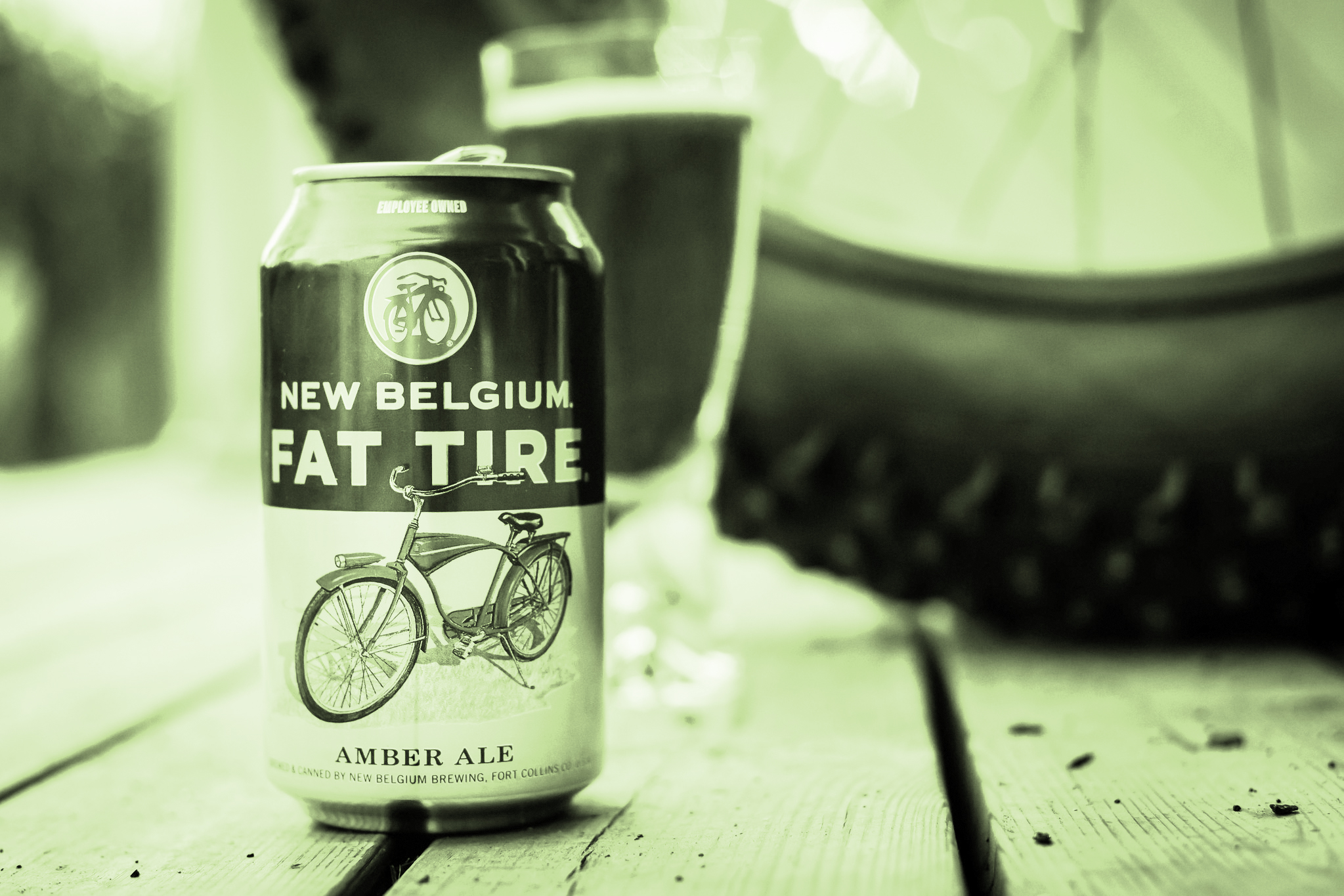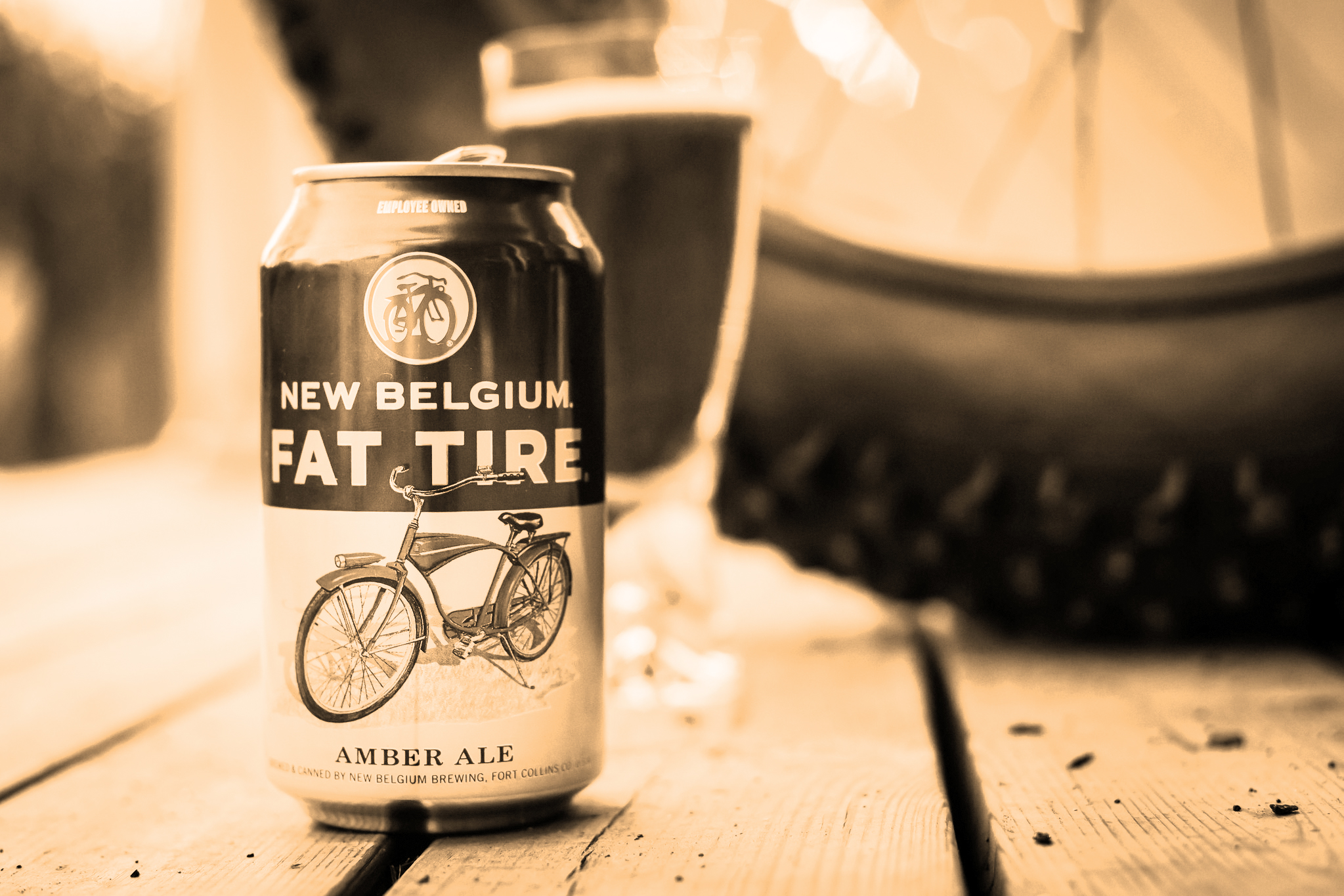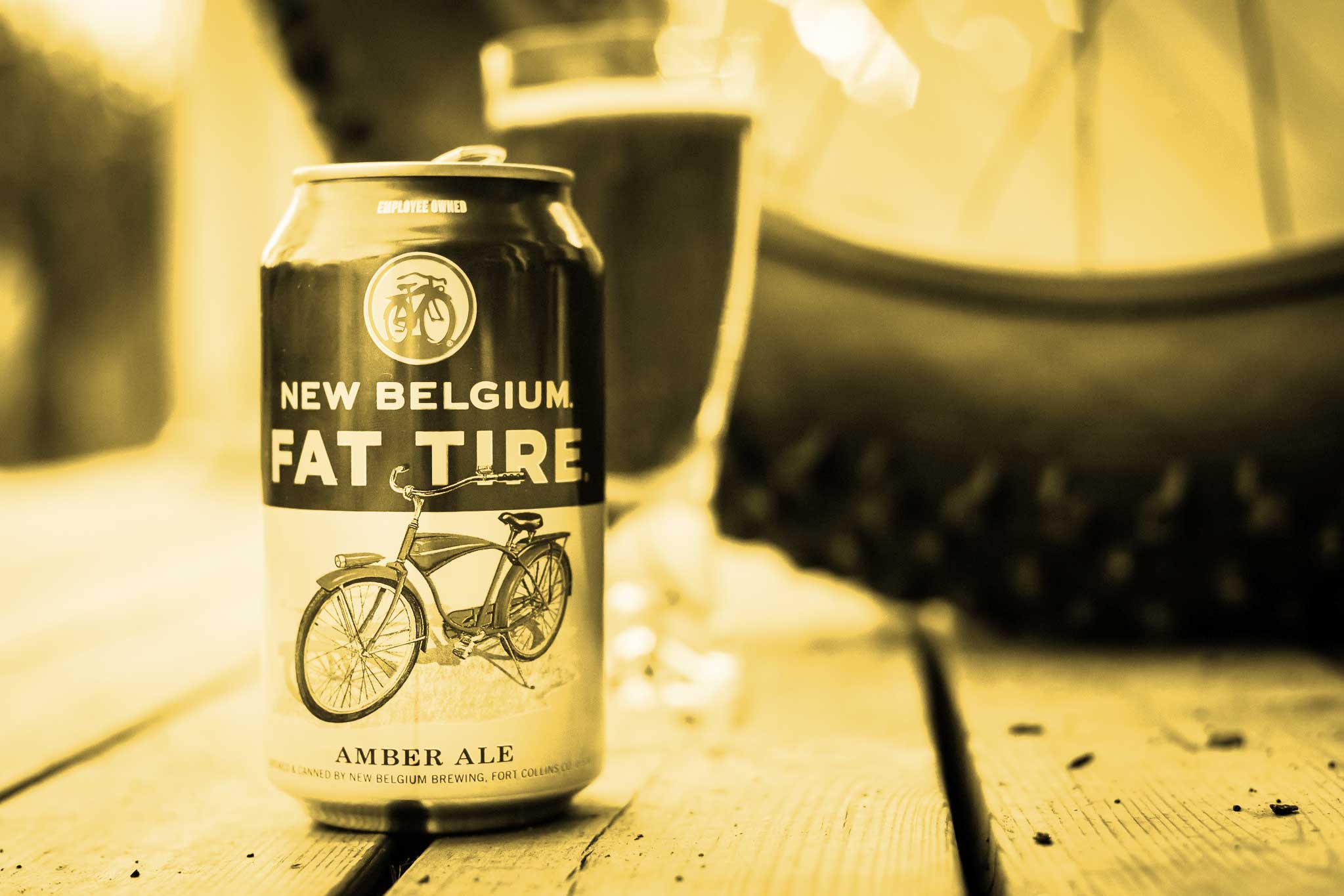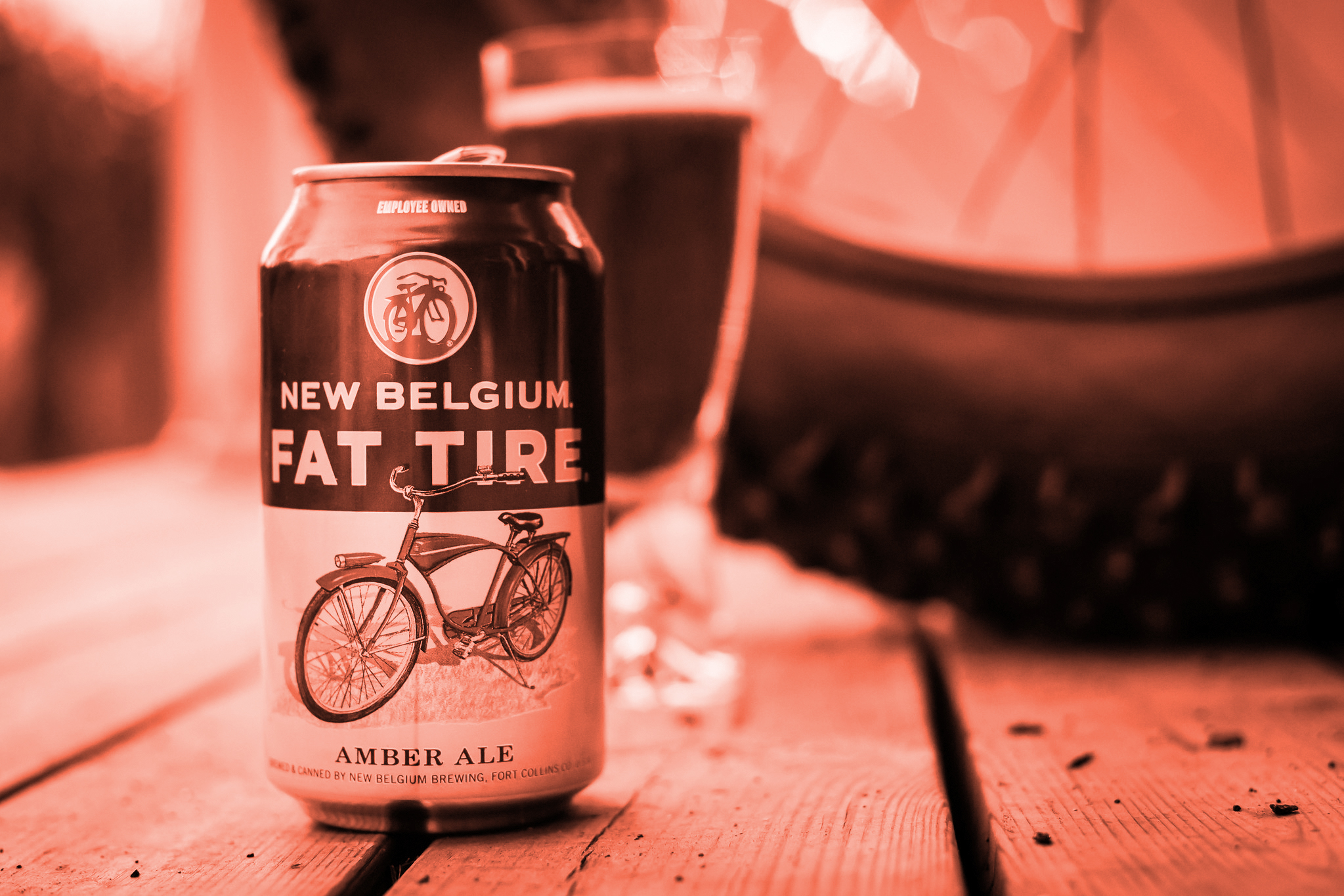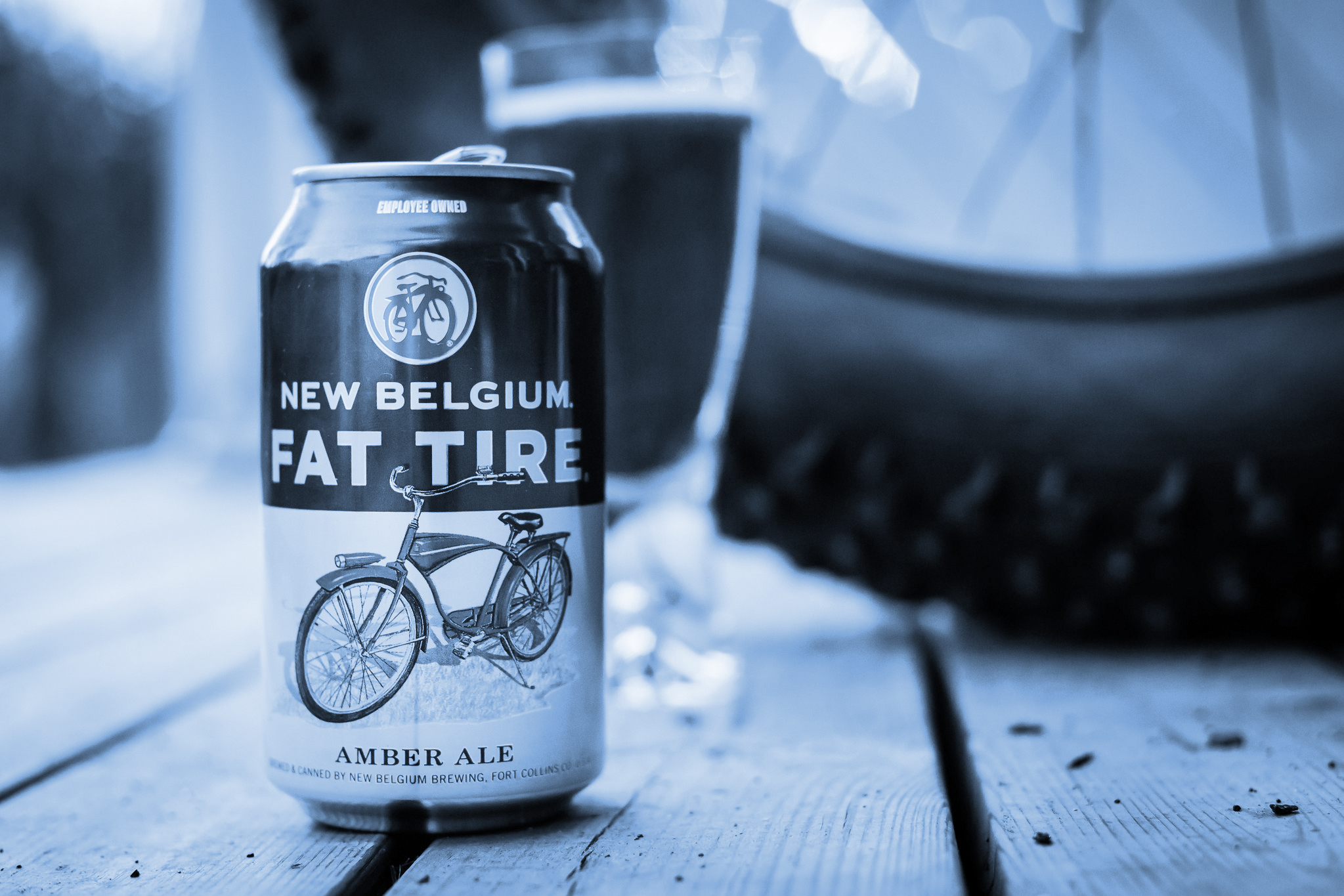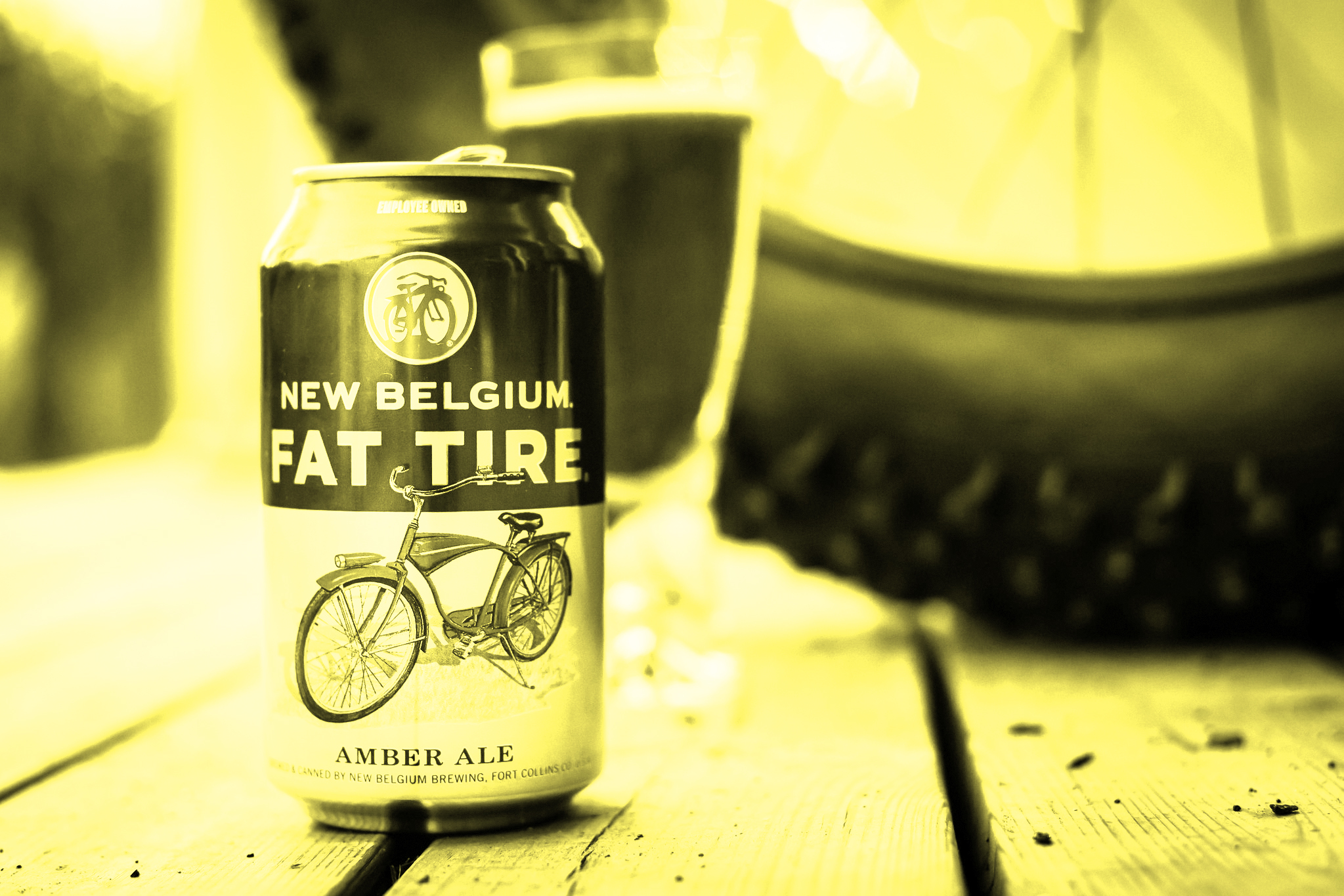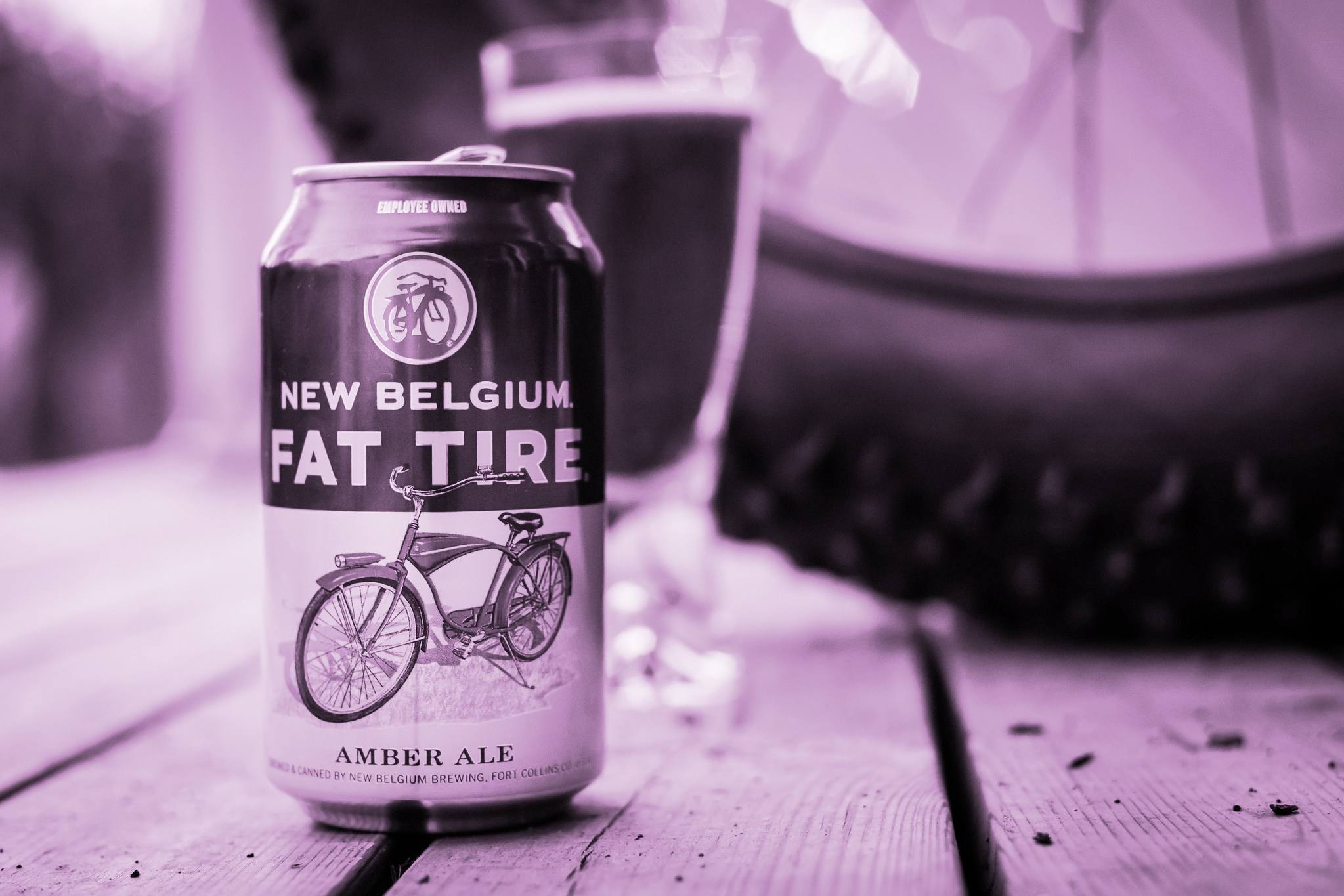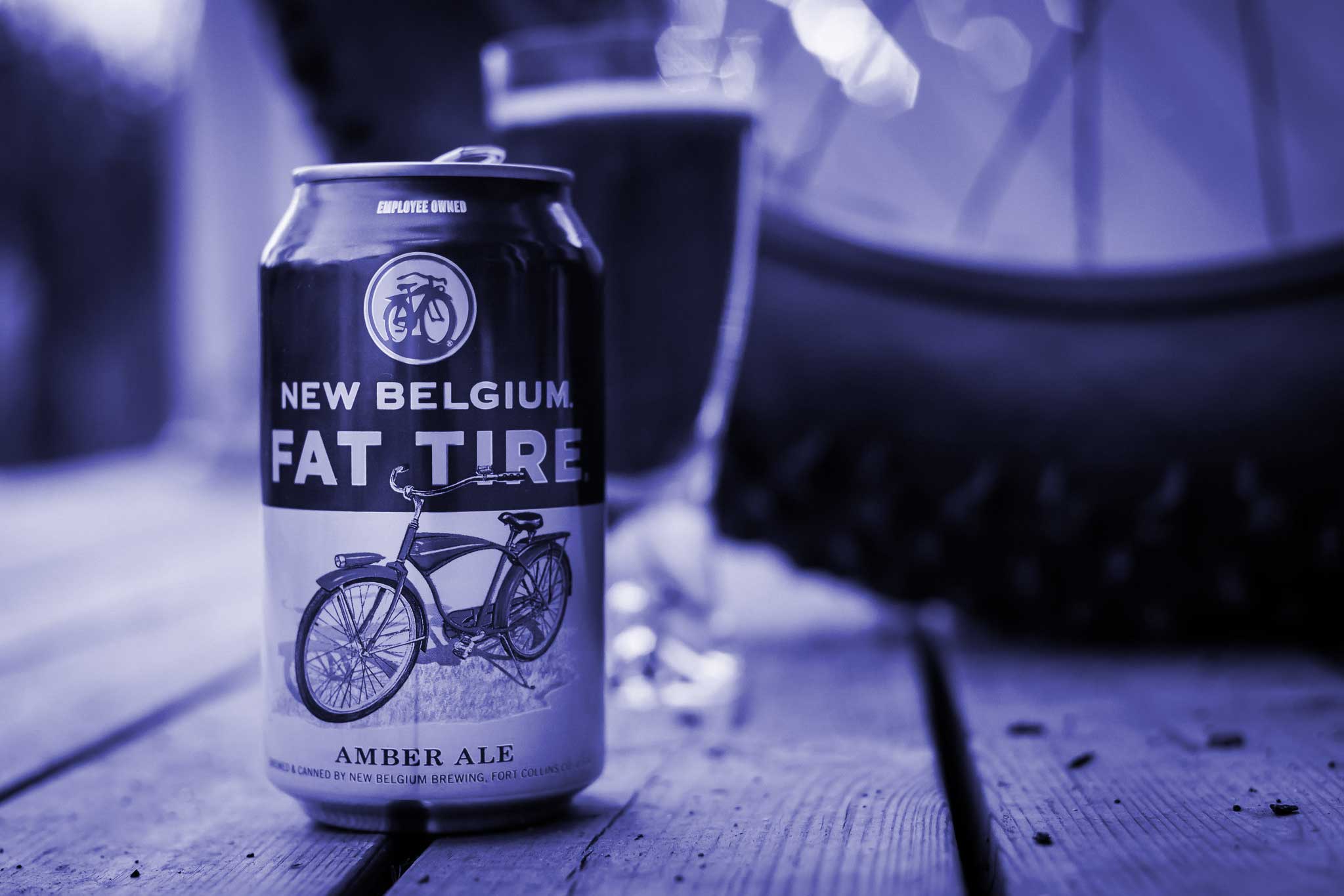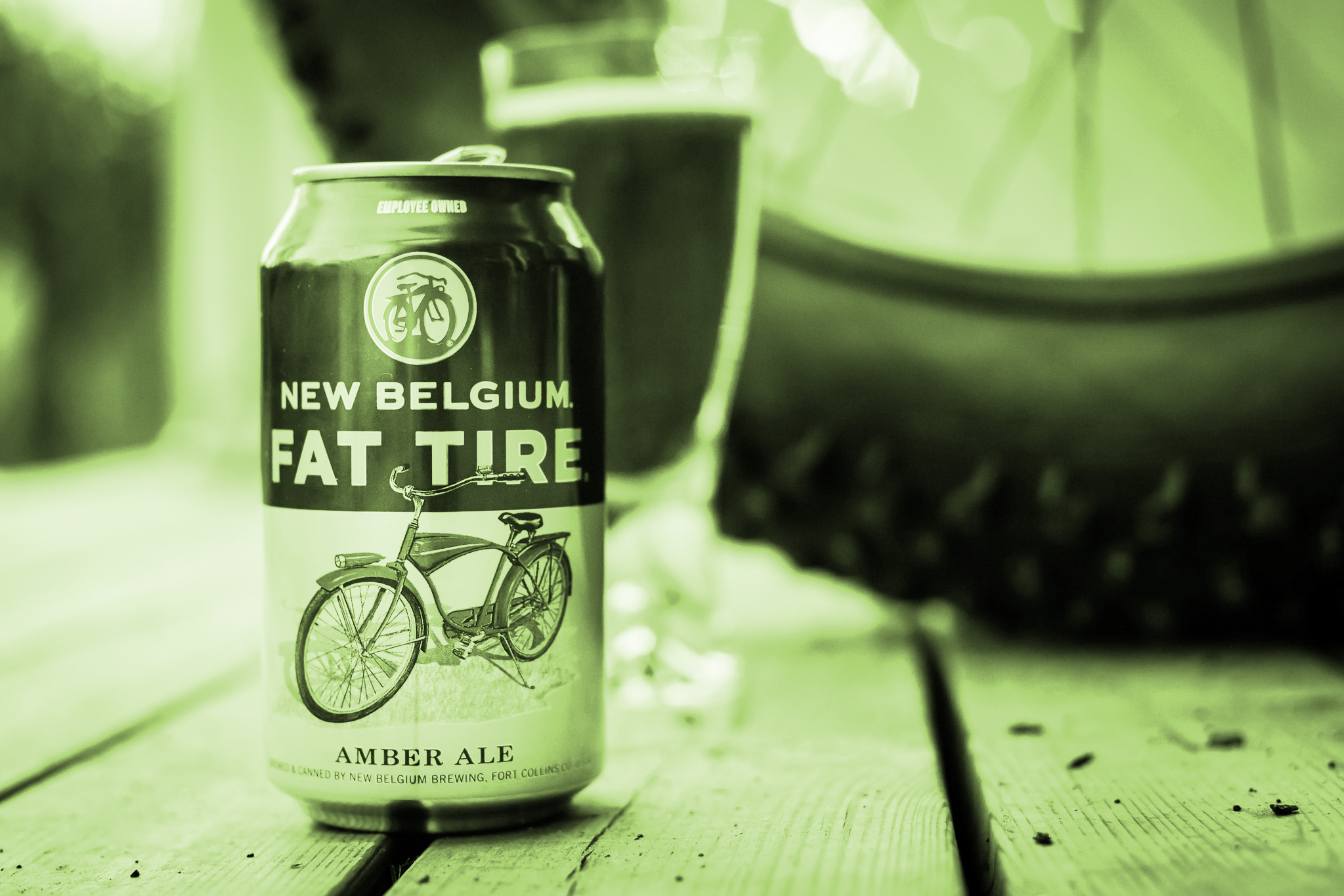I’ve been wondering when the craft beer market would begin consolidating. A few years ago, shockwaves went through the Cascadia craft beer community when 10 Barrels sold to Anheuser-Busch Inv Bev and worse, Full Sail sold to an investment company. Around the same time, another ESOP brewery in Oregon sold as well; it was notable because, as with Full Sail, the trustees were the founders. At this brewery, the couple that were trustees also had a majority share. They said that they wanted the workers to vote on the sale so that they could “feel like owners.” Ugh.
Fifty by Fifty created a great discussion about the sale and what it means to employee ownership. I mainly agree with Sonja Novkovic and Erbin Crowell that ESOPs have co-opted the language of employee ownership. I would add that, the point of worker ownership goes deeper than creating decent paying jobs (just like the point of labor unions is more than wages and benefits). Ultimately, worker ownership must be about human development and human dignity not only in the workplace but in the community served by the workplace. If human dignity and development isn’t centered in the project, it only offers a few pennies in return for maintaining a larger system aimed at using up people and the planet.
Notably, the commentaries lacked information about the sale. I held off writing about this because I had so many questions. For instance, I recently learned from an article by Bernard Marzalek that 400 of the 700 employees at New Belgium were not vested, did not have a vote, and will receive nothing from the sale. I wondered how the voting went. Was it a unanimous decision such as with Good Vibrations (itself a complicated story of demutalization)? With Full Sail, it was “near unanimous” for the sale (the trustees held 42 percent). What constituted a majority of shareholders (a minority of actual workers for instance could hold a majority of shares), in the case of New Belgium? The reported payout of $100,000 per worker was not reported as either an average or a median number. I think that it would be useful to see a breakdown of how the sale price is distributed to the workers
That said, $100,000 isn’t a lot of money today. By comparison, Burley Bikes, a co-op in economic crisis, sold around 2006 and the workers averaged $30,000 (about $40K in today’s dollars). It will certainly be life-changing for some but will the trade-off be worth it? How does it compare to the wages of these workers? I know that Kirin claims that no jobs will be lost, but there isn’t a guarantee (and if the workers haven’t unionized, it would be a good idea to do so). Eventually, Kirin’s shareholders will expect a return on their investment, and this will either come from wages, expanded growth in a market that is already saturated, or a sale to a larger company (Anheuser-Busch InBev, Heineken, MillerCoors, and so on).
Ultimately, worker ownership must be about human development and human dignity not only in the workplace but in the community served by the workplace.
The constant drumbeat of the established worker co-op movement has been how to “get to scale” for several years now. But when companies get to scale, the pressure to sell out becomes greater. There are ways of “getting to scale” that can still center the individual human in the equation: Rainbow Grocery, Union Cab, Equal Exchange come to mind. The Union-Coop model, as promoted by 1Worker:1Vote argues that as cooperatives become larger with increased hierarchy, the labor union can play the role of Mondragon’s Social Councils to keep a focus on the dignity of the workers. The idea of using a retirement plan in lieu of true worker ownership or real social change has always seemed flawed to me.
I can see using ESOPs as an aspect of a worker co-op but agree with other contributors that we need to quit calling ESOPs “worker owned.” Perhaps we should just refer to ESOPS as Worker RVs (retirement vehicles). An ESOP paired with a worker co-op (though a Limited Co-op Association) would allow the best of both worlds, but I don’t know of an example. However, the workers need to democratically control the business or it will always be investor focused, which is inherently pro-capital and anti-labor.
If worker ownership centers only on maximizing wealth for the employees, it will ultimately do little more than create marketplaces for the real capitalists to exploit. Our movement needs to be about more than making the marketplace great for investors again. To paraphrase an old adage: we don’t need to sell ropes to the bosses to hang us with.
Dr. John A McNamara is a Senior Cooperative Development Specialist for the Northwest Cooperative Development Center, a past president of the US Federation of Worker Cooperatives, Chair of the USFWC Union-Coop Council, and former member of Union Cab of Madison.
